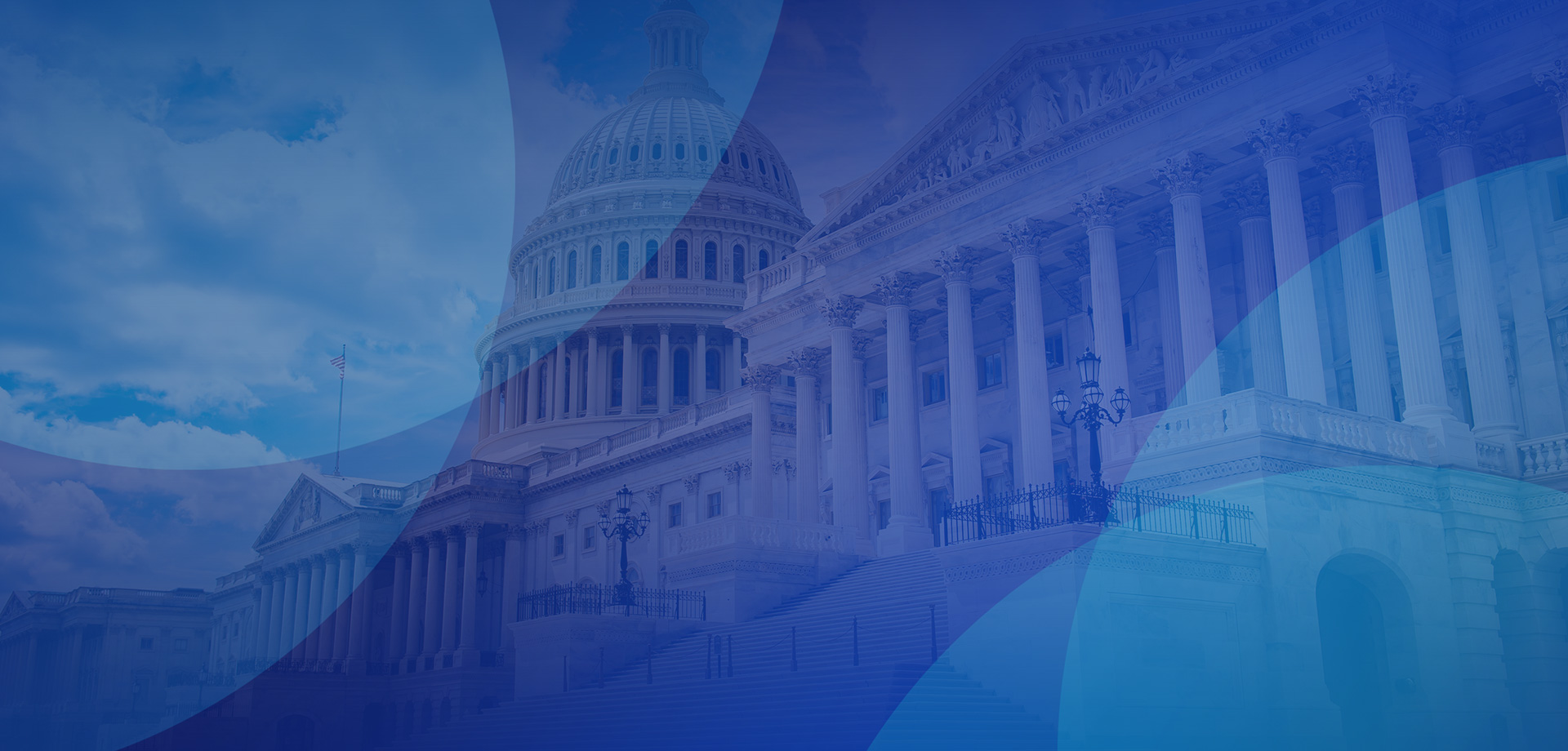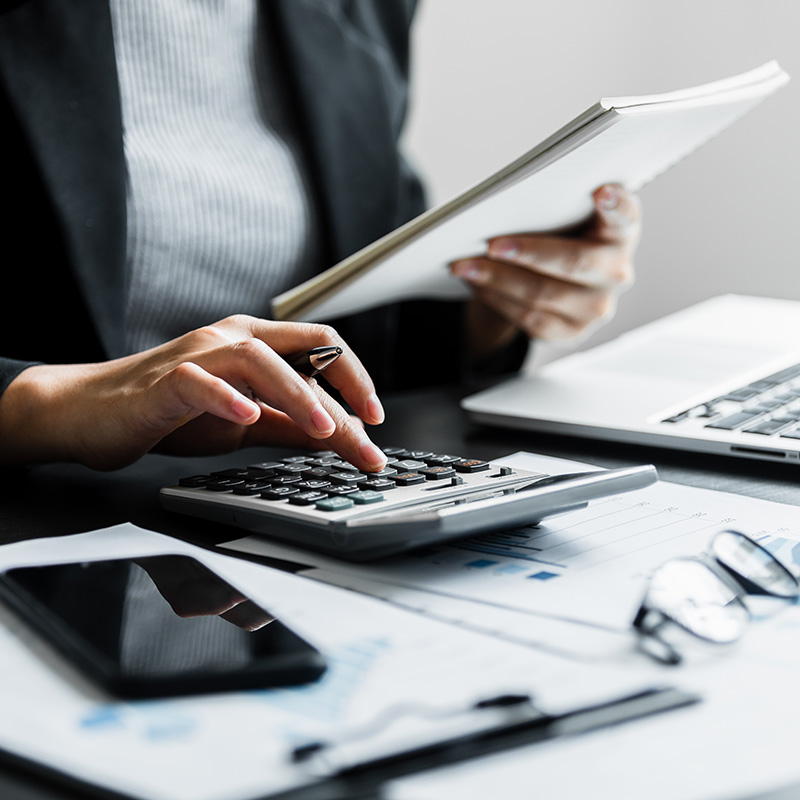Chapter 7 Bankruptcy Attorney in Washington, D.C.
What You Should Know About How to File for Chapter 7 Bankruptcy in Maryland
The Bankruptcy Abuse Prevention and Consumer Protection Act added a means test requirement for Chapter 7 bankruptcy. The means test sets an income requirement for Chapter 7 bankruptcy filers.
If you have to take the means test, then it will take your:
- Income
- Family size
- And expenses into account
There are two steps to the means test. Only filers who are below the median income for their state have to take the second part of the Means Test. Everyone below this threshold passes automatically.
Understanding the Chapter 7 Means Test: Step 1 Explained
Check to see if your household income is below the state’s median. If it is below the median, then you passed the means test and may be able to file for Chapter 7 bankruptcy.
Completing the Means Test: Step 2 and Your Expenses
Identify your allowable expenses over the past six months. Your rent, groceries, medical bills, and other expenses may factor into the second part of the means test.
Any amount left over is your disposable income. Whether it is sufficient to pay off your debts determines whether you pass the means test. It is important to be as thorough as possible during this step.
What Is the Difference Between Chapter 7 and Chapter 13 Bankruptcy?
If a filer does not qualify for Chapter 7 bankruptcy, they may qualify for Chapter 13 bankruptcy. Unlike a Chapter 7 bankruptcy, you pay back your debts through a three-to-five-year repayment plan in a Chapter 13 bankruptcy. At the end of the repayment plan, you receive a discharge on certain debts.
Contact Us for Personalized Bankruptcy Guidance in Washington DC

The Kevin D. Judd Difference
Your Gateway to Financial Justice and Freedom
-
Committed to the Community
-
Obtain A Fresh Start
-
Fair & Reasonable Rates
-
Over 25 Years of Service
What Are Chapter 7 Bankruptcy Exemptions?
In a Chapter 7 bankruptcy, your nonexempt assets are liquidated to satisfy your debts. Nonexempt assets are assets that you must include in your bankruptcy case. Exempt assets are assets you can exclude from your case. In Maryland, you can use state exemptions if you have lived in the state for two years.
Exempt property in Maryland may include:
- Tools of the trade for a job
- Household goods
- Or certain retirement accounts
In D.C., you can use either federal or state bankruptcy exemptions. You can choose whichever is most advantageous for your situation. D.C. is known for having an extremely generous homestead exemption, where you can exempt 100% of your current home’s equity.
There are also exemptions for household goods, such as:
- Furnishings
- And appliances
Our attorney can answer any questions you have about D.C. or Maryland Chapter 7 bankruptcy exemptions. Give us a call at (202) 888-8454 or contact our firm onlineto get started with a free consultation.

